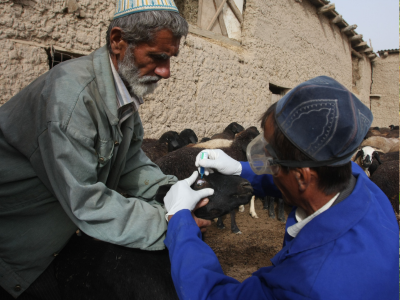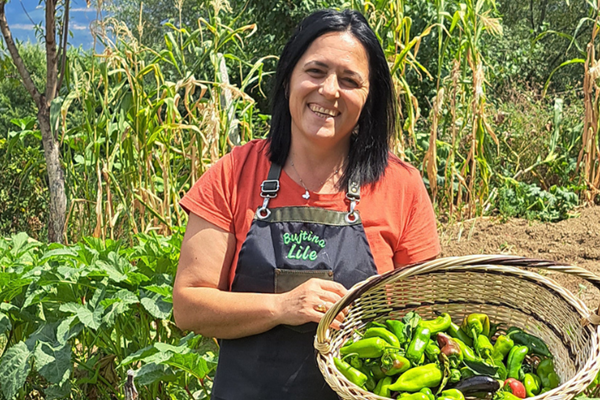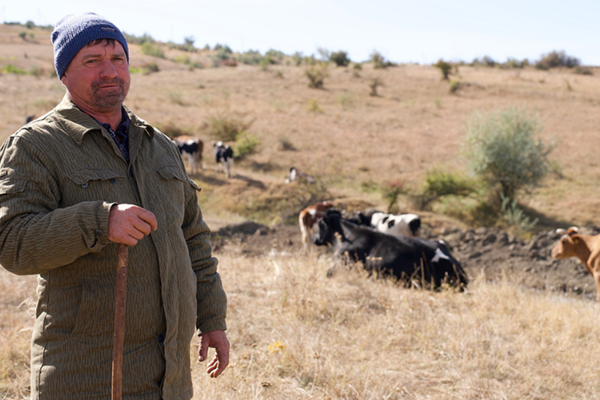Latest Stories
Latest News
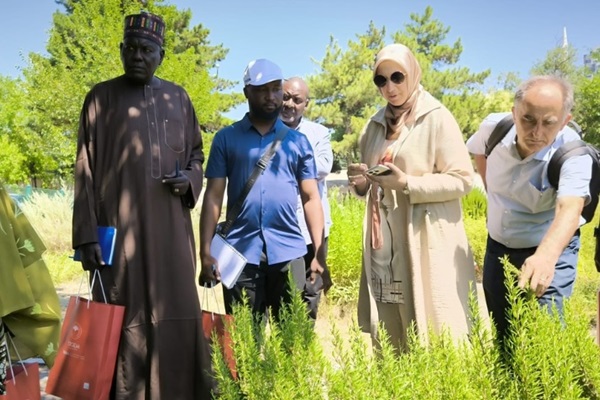
Nigerian delegation's visit to Türkiye advances sustainable crop management project
05/08/2024
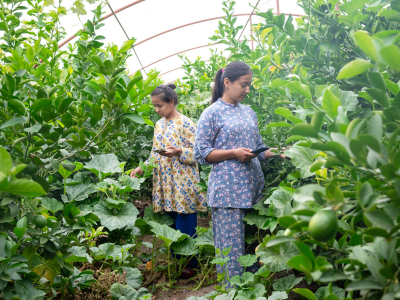
FAO AgriTech Observatory expands with over 270 initiatives and a new alliance
30/07/2024
The AgriTech Observatory, established by the Food and Agriculture Organization of the United Nations (FAO), has made significant strides since its launch in February and is now in full-scale operation. The tool monitors the rapidly evolving landscape of digital agriculture in Europe and Central Asia and identifies innovative solutions to regional challenges. One of the major advances includes the expansion of the platform's database to now host over 270 digital agriculture initiatives. This growing repository provides comprehensive insights into the latest innovations, helping practitioners, policymakers, and researchers stay informed about the current and emerging landscape of digital agriculture in the region.

Restoration key to healthy Mediterranean forests
25/07/2024
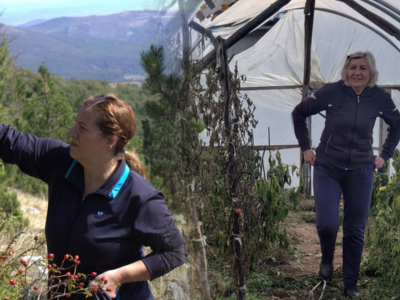
First gender profile of rural Kosovan women shows gaps and opportunities for better livelihoods
23/07/2024
Women are vital to the livelihoods and the economies of rural areas and smallholder agriculture in Kosovo1, yet they do not benefit equally with men from their labour and contributions.
To map the situation and provide a possible way forward, the Food and Agriculture Organization of the United Nations (FAO) released the Kosovo gender profile for agriculture and rural livelihoods that aims to improve knowledge on gender related issues in agriculture, with special attention to the state of digitalization. The publication provides evidence based recommendations for advancing gender equality and women’s economic empowerment in agriculture and rural development for improved strategies and programmes.
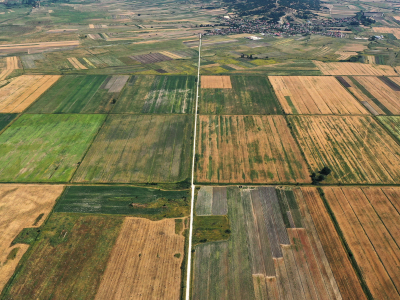
In North Macedonia, EU-supported land consolidation process phase two
19/07/2024
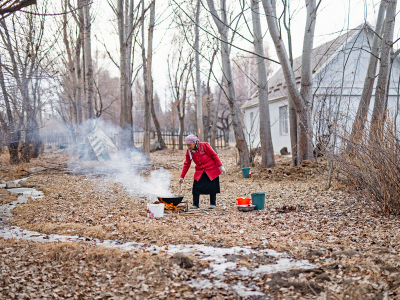
Strengthening forest data collection and fire management in the Caucasus, Central Asia and Türkiye
16/07/2024
Representatives from Azerbaijan, Georgia, Kazakhstan, Kyrgyzstan, Tajikistan, Türkiye, Turkmenistan, and Uzbekistan gathered in Antalya, Türkiye from 8 to 12 July 2024 for the event, which was organized in collaboration with the United Nations Economic Commission for Europe (UNECE) and the General Directorate of Forestry of Türkiye.
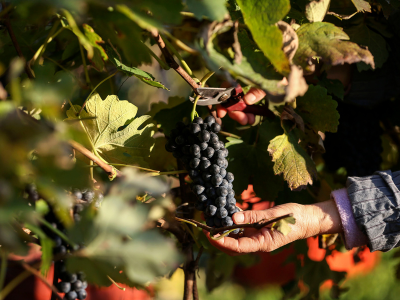
Analysis of the table grape value chain will provide a roadmap for sector growth
10/07/2024
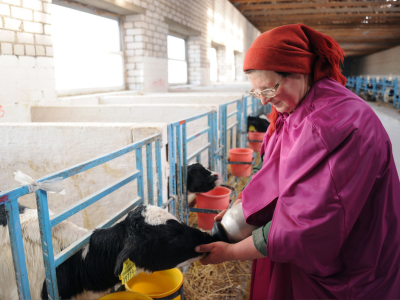
FAO surveys characterize antimicrobial use practices in the livestock sector
08/07/2024
Antimicrobial resistance (AMR) has emerged as a significant global health threat affecting humans, animals, plants, and the environment, and as such is a perfect example of a One Health issue. In an effort to combat AMR, the Food and Agriculture Organization of the United Nations (FAO) has implemented Knowledge, Attitude, and Practices (KAP) surveys aligned with the objectives in its Action Plan on AMR and the Global Action Plan on AMR. Conducted from 2020 to 2023, these surveys revealed antimicrobial use practices and awareness of AMR in the livestock sector of Albania, Armenia, Azerbaijan, Bosnia and Herzegovina, Georgia, Kosovo1, Kyrgyzstan, Montenegro, North Macedonia, Serbia, Tajikistan, and Ukraine.
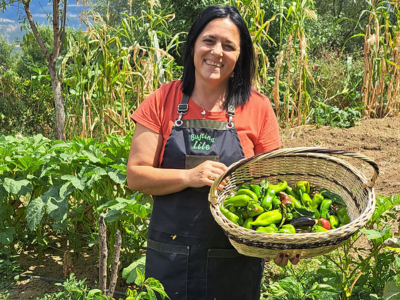
Culture, cuisine and countryside
02/07/2024
